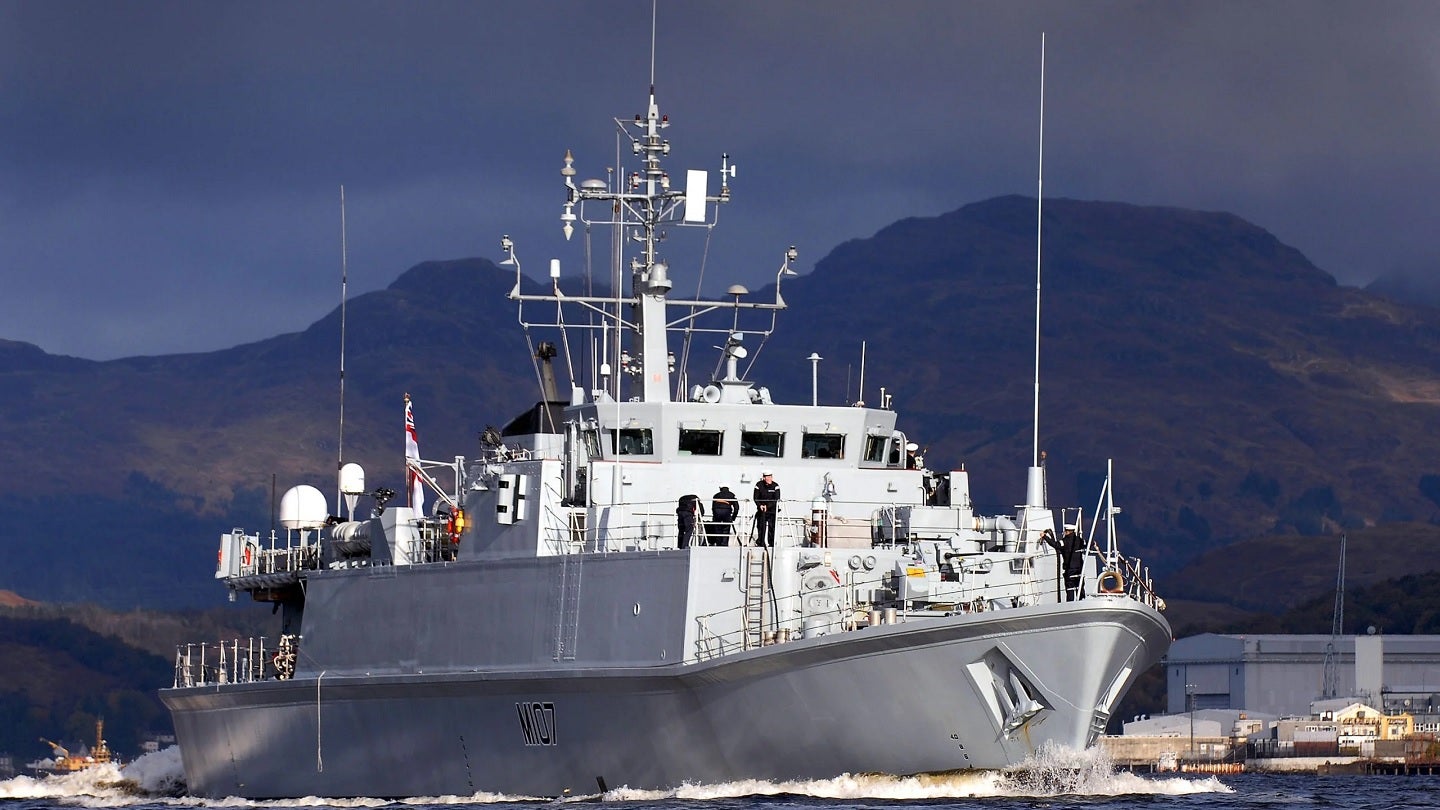
Turkey has blocked the transit of Ukraine’s newly-commissioned mine countermeasure vessels (MCMV), which had been donated to Kyiv by the UK in a bid to bolster the Ukrainian Navy’s ability to monitor and protect its shoreline.
In mid-December the UK further announced the provision of two Royal Navy Sandown-class MCMVs to Ukraine, a move that had been long discussed and part of London’s ongoing support of Kyiv as the latter battles Russia followed Moscow’s large-scale invasion of its neighbour in February 2022.
In a statement, Turkey’s Directorate of Communications revealed that “the claim in some media outlets” that MCMVs donated to Ukraine by the United Kingdom were allowed to pass through “the Turkish Straits” and into the Black Sea “were not true”.
Further, Turkey’s Directorate of Communications said that Russia’s ‘special military operation’ in Ukraine – a term propagated by Moscow – had been classified by Turkey “as a war”.
As a result of this, Turkey, in accordance with Article 19 of the Montreux Convention, “closed the [Bosphorus] Straits to warships of the belligerent parties (Russia and Ukraine)” in order to prevent “the escalation of tension” in the Black Sea.
“Our pertinent allies have been duly apprised that the mine-hunting ships donated to Ukraine by the United Kingdom will not be allowed to pass through the Turkish Straits to the Black Sea as long as the war continues,” Turkey’s statement concluded.
What is the Montreux Convention?
At the outset of Russia’s invasion of Ukraine in February this year, Turkey enacted the 1936 Montreux Convention that allows it to limit naval transits of the Dardenelles and Bosphorous straits, effectively introducing a Black Sea maritime arms trade embargo on the two countries and their backers.
However, in 2022 it appeared that a Russian commercial vessel purportedly carrying equipment related to the S-300 air defence system from the Russian military port of Tartus in Syria was permitted to transit through the straits into the Black Sea, inbound to the port of Novorossiysk.
Taking exception to the exception Turkey could have made to the Montreux Convention, the Ukrainian Ministry of Foreign Affairs took the unusual step on 29 August 2022 of calling the Turkish ambassador to the country, Yagmur Ahmet Guldere, to the ministry for a public dressing-down.
Russia has maintained a blockade at sea on Ukraine since its withdrawal from the Black Sea grain deal in July last year. One of the key threats to shipping in the Black Sea is from floating sea mines, primarily laid by Russia, which has sought to maintain a stranglehold of Ukraine’s maritime exports.
Speaking in December 2023 on a joint UK-Norway-Ukraine deal on the formation of a new Maritime Capability Coalition to support Ukraine in the Black Sea, UK Secretary of State for Defence Grant Shapps said that the donated MCMVs would “deliver vital capability to Ukraine which will help save lives at sea and open up vital export routes, which have been severely limited since Putin launched his illegal full-scale invasion”.
In November 2023 during a visit to Ukraine, the UK Foreign Secretary Lord Cameron welcomed efforts to support this goal by UK company Marsh McLennan, which aims to provide affordable shipping insurance for grain and food supplies exported from Ukraine’s Black Sea ports though a new ‘Unity Facility’ it has launched with the Ukrainian Government.
In September 2023, it was announced that Romania would acquire two Sandown-class MCMVs from the Royal Navy, HMS Blyth and HMS Pembroke, for increased security in the Black Sea.
Turkey and the UK are both Nato members, although the foreign policy goals of Ankara are frequently at odds with European and US allies. Ankara maintains close ties to Russia, and was previously expelled from the US-led F-35 fighter programme after Turkey moved to acquire Russian air defence systems.
Additional reporting by Andrew Salerno-Garthwaite.


